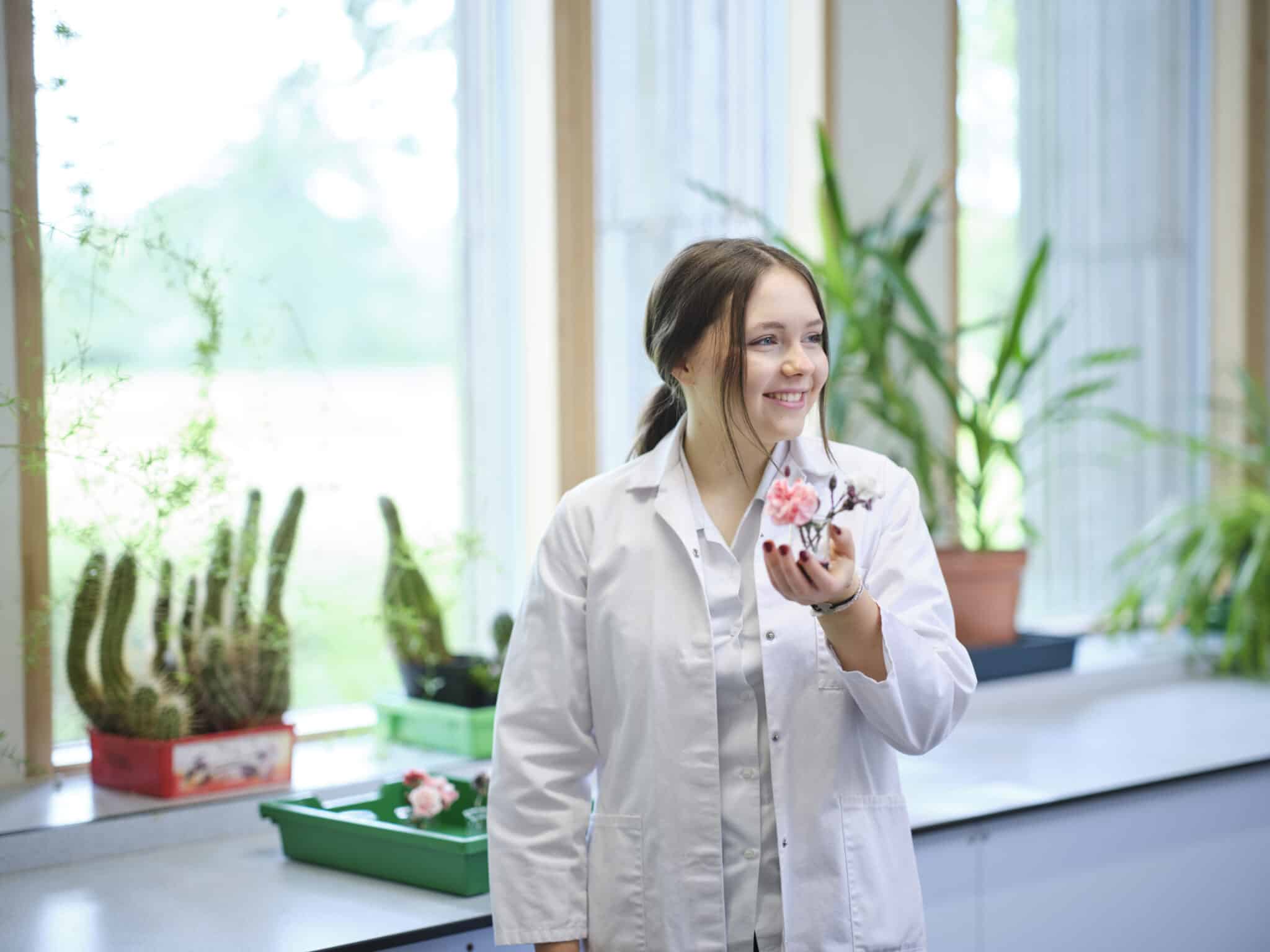
A Level Biology
A Level Biology at Kimbolton
A Level Biology at Kimbolton School offers a deep dive into the complexities of life, exploring how nearly 4 billion years of history have shaped the biodiversity we see today. With links to social, environmental, and ethical issues, this course provides fascinating insights into the systems that sustain life and regulate human physiology.
Combining theory with practical work, this course equips you with essential skills to explore the natural world and pursue careers in science and healthcare.
Why Biology is important…
Biology helps us understand life on every scale, from molecular interactions to global ecosystems. It is essential for tackling pressing issues such as climate change, biodiversity loss, and advances in healthcare. This subject develops skills in critical thinking, research, and problem-solving, making it invaluable for a wide range of careers.

Assessment
Assessment includes three written exams:
- Paper 1: Covers topics such as biological molecules, cells, and genetics.
- Paper 2: Focuses on energy transfers, homeostasis, and the nervous system.
- Paper 3: Tests your understanding of practical experiments, data analysis, and a synoptic essay.
Beyond the classroom
- Field trip: Undertake ecological investigations on the south coast during a three-day field trip in the Upper Sixth.
- Brain Day: Gain fascinating insights into neuroscience through a workshop led by a professor.
- STEM opportunities: Participate in science competitions and projects.
- Guest lectures: Learn from experts in the field of biology and beyond.
- Reading publications: Such as the New Scientist and Biological Sciences
- Review, or relevant books: in areas of interest, for example The Selfish Gene.
- Entering competitions such as the Peterhouse Kalvin Science
- Essay Competition or following podcasts and completing MOOCs.
“Biology is the study of life, helping us understand the past, tackle today’s challenges, and shape a sustainable future.”
You will enjoy Biology if you…
- Are fascinated by the natural world and the complexity of life
- Love learning about molecular biology, human physiology, and ecosystems
- Enjoy practical investigations and problem-solving
- Are interested in how science can address global challenges like climate change and disease.
“Your body produces around 25 million new cells every second to replace those that die—just one of biology’s many fascinating facts.”
Did you know?


